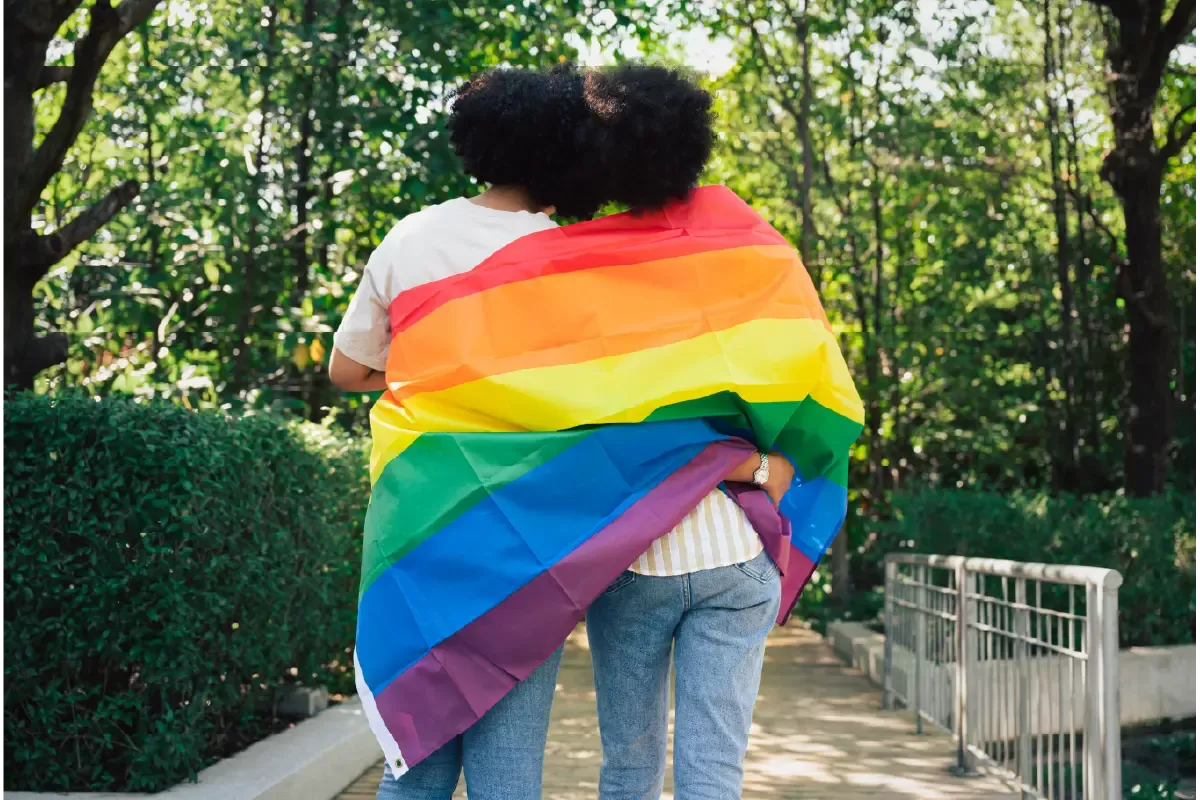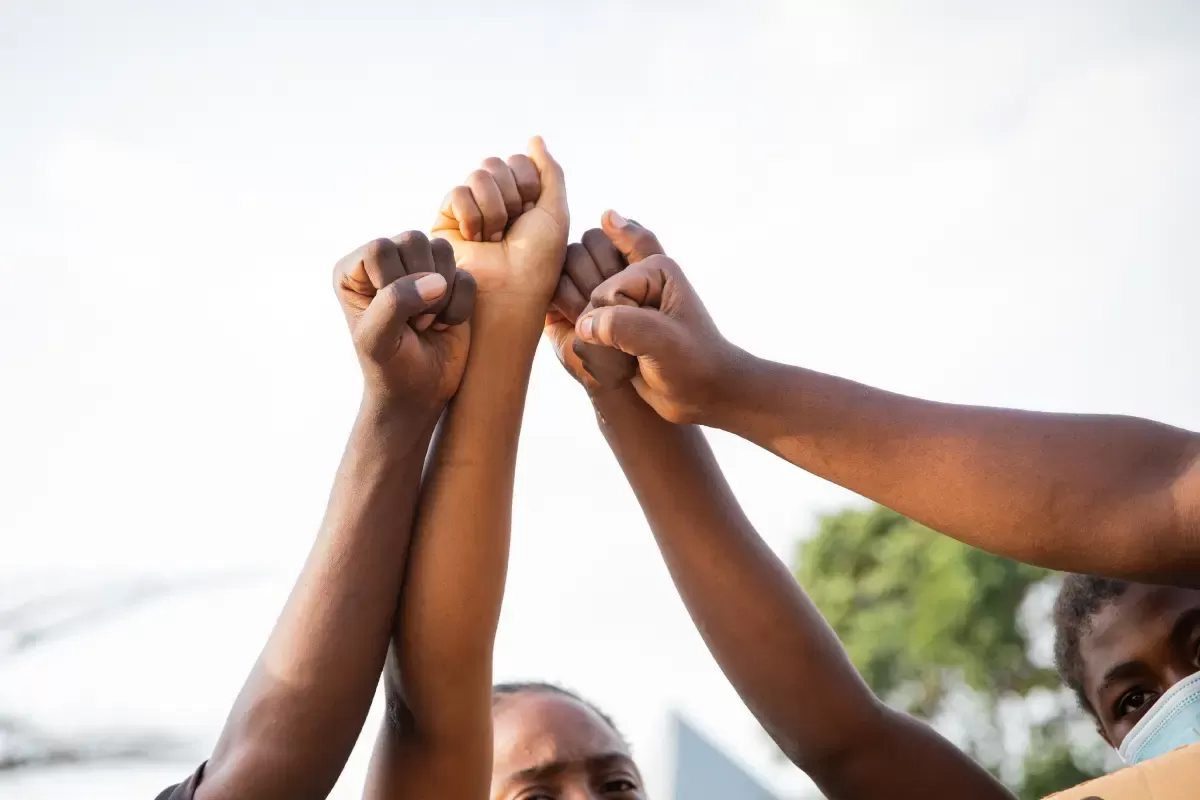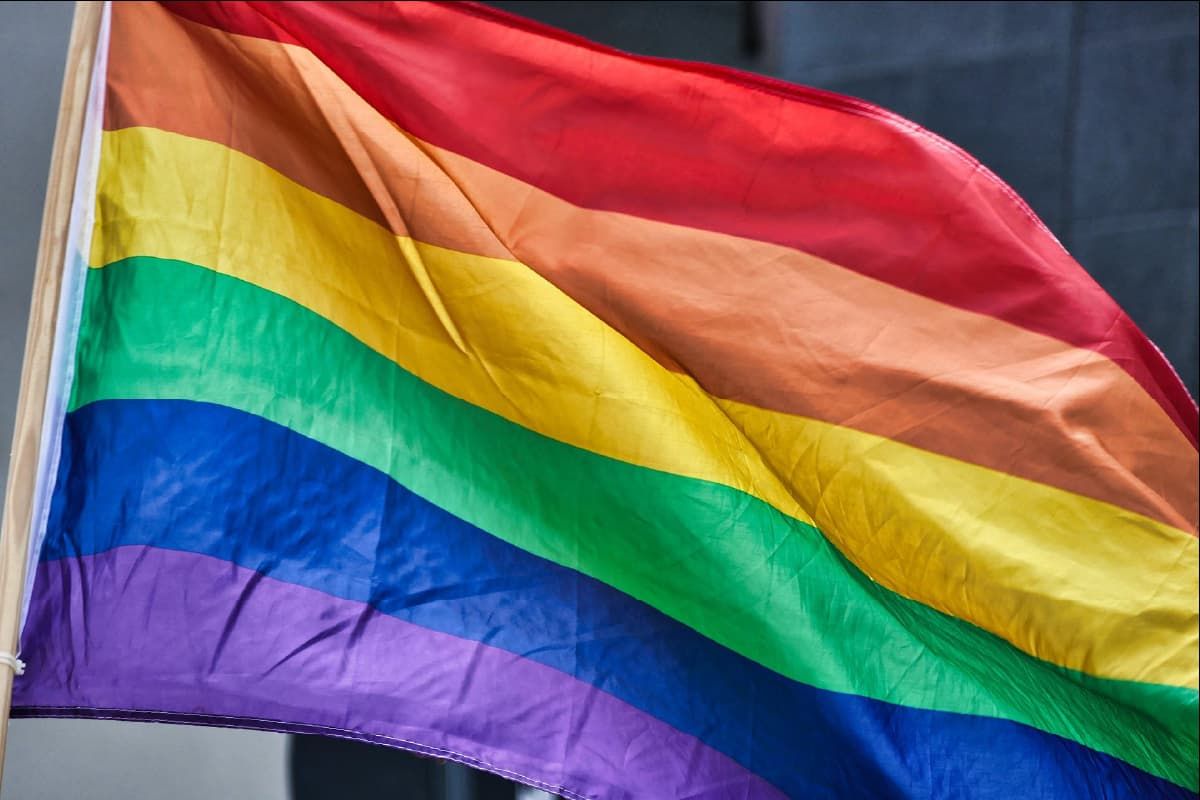ABOUT RESOLUTION 275
The Resolution 275

Resolution 275 condemns violence on the basis of real or imputed sexual orientation or gender identity and admonishes African states
During its 55th ordinary session which took place in Luanda, Angola, between 28 April to 12 May 2014, the African Commission on Human and Peoples’ Rights (the ‘African Commission’) adopted Resolution 275 “Protection against Violence and other Human Rights Violations against Persons on the basis of their real or imputed Sexual Orientation or Gender Identity.” Resolution 275 condemns violence on the basis of real or imputed sexual orientation or gender identity and admonishes African states – that are parties to the African Charter on Human and Peoples’ Rights (‘African Charter’) – to prevent, investigate, and remedy acts of violence stemming from real or imputed sexual orientation or gender identity by both state and non-state actors.
Resolution 275 continues to be the most significant document by the African Commission outlining the scope of the African Charter on the issue of violence and discrimination against persons in Africa on the basis of their real or imputed sexual orientation or gender identity.

The Resolution also “[s]pecifically condemns the situation of systematic attacks by State and non-state actors against persons on the basis of their imputed or real sexual orientation or gender identity.”

The Resolution “urges States to end all acts of violence and abuse, whether committed by State or non-state actors.
TIMELINE
2009
2010
2013
This report was prepared and edited by African Men for Sexual Health and Rights (AMSHeR) and the Coalition of African Lesbians (CAL) with the support of the Center for Human Rights at the University of Pretoria to provide a clear picture of human rights violations against LGBTI people in Africa that needed to be addressed urgently. The report highlighted the fact that sexual minorities were also entitled to the rights all other citizens have, particularly the right to security, liberty, life, dignity and a fair trial, all rights which are sometimes violated by state actors and more often by non-state actors. The report illustrated the various ways in which African States’ obligation to respect the principle of non-discrimination, which is at the heart of the African Charter, has not been extended to include the rights of LGBTI people. Among other recommendations, the report recommended that the African Commission on Human and Peoples’ Rights adopt a resolution that condemns violence against persons based on their sexual orientation and gender identity.
2014
During its 55th ordinary session which took place in Luanda, Angola, between 28 April to 12 May 2014, the African Commission on Human and Peoples’ Rights (the ‘African Commission’) adopted Resolution 275 “Protection against Violence and other Human Rights Violations against Persons on the basis of their real or imputed Sexual Orientation or Gender Identity.” Resolution 275 condemns violence on the basis of real or imputed sexual orientation or gender identity and admonishes African states – that are parties to the African Charter on Human and Peoples’ Rights (‘African Charter’) – to prevent, investigate, and remedy acts of violence stemming from real or imputed sexual orientation or gender identity by both state and non-state actors. Resolution 275 continues to be the most significant document by the African Commission outlining the scope of the African Charter on the issue of violence and discrimination against persons in Africa on the basis of their real or imputed sexual orientation or gender identity.